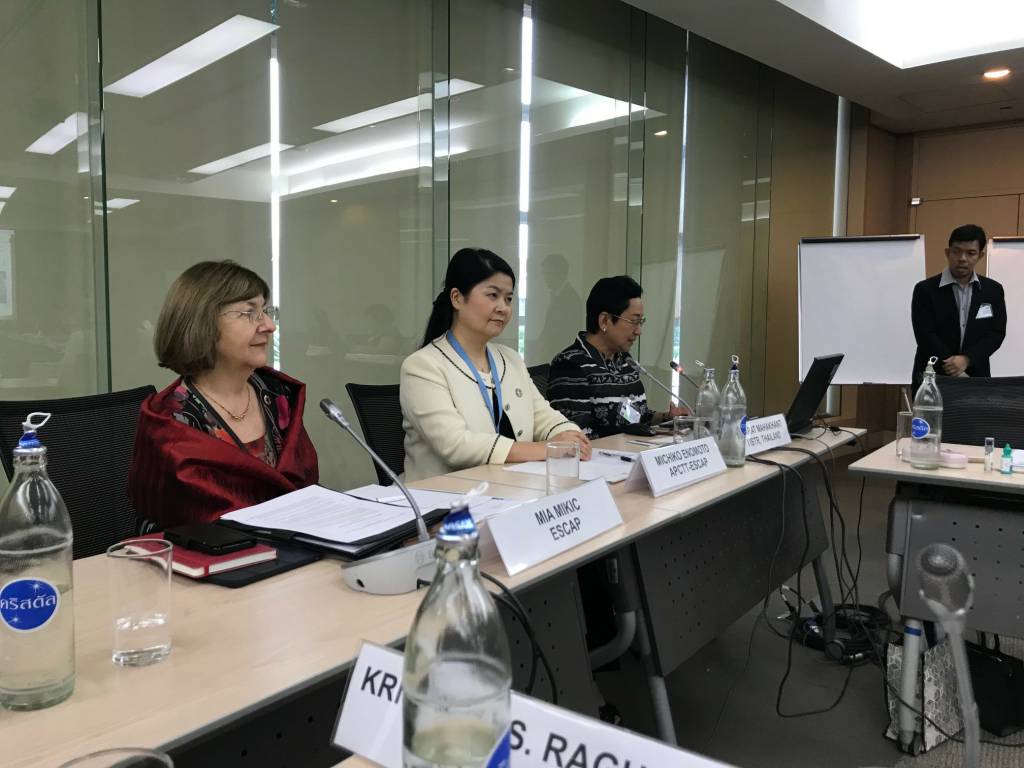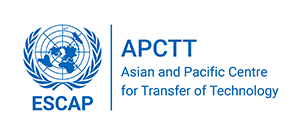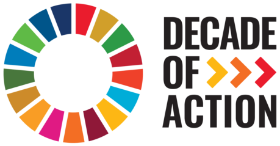
Science, technology and innovation (STI) are widely recognized as the critical means for achieving Sustainable Development Goals (SDGs). Technology is a game changer when leveraged effectively. Technology can also help countries to leapfrog in development and bridge gaps between technologically advanced developed economies and countries with special needs. New and emerging ICT applications such as the Internet of Things (IoT), robotics and artificial intelligence, 3-D printing are bringing a radical shift in healthcare, education, energy services, agriculture, and environmental monitoring and protection applications. ICT applications in renewable energy sector also offer promising solutions to efficient management of energy through smart grids, industrial automation processes that optimizes performance and so on. These applications are helping countries to become more energy secure and less dependent on fossil fuels thereby reducing global greenhouse gas emissions.
Panelists and experts deliberated on how SDGs could be achieved through innovative sector-focused STI policies, especially in renewable energy and ICT sectors. The deliberations focussed on various challenges standing in the way of effective implementation of such policies and mitigating actions. Experts and panelists proposed policy recommendations at sectoral levels to advance implementation of relevant SDGs as well as strategies for fostering regional cooperation on technology transfer in renewable energy and ICT sectors.

